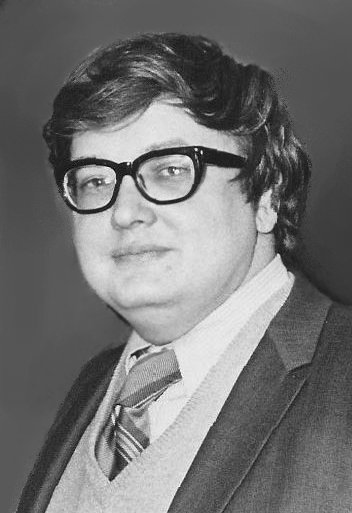“Of course the interview was never used.”
Review http://www.rogerebert.com/reviews/elephant-2003 of Elephant (7 November 2003)
Reviews, Four star reviews
Kontext: Let me tell you a story. The day after Columbine, I was interviewed for the Tom Brokaw news program. The reporter had been assigned a theory and was seeking sound bites to support it. "Wouldn't you say," she asked, "that killings like this are influenced by violent movies?" No, I said, I wouldn't say that. "But what about Basketball Diaries?" she asked. "Doesn't that have a scene of a boy walking into a school with a machine gun?" The obscure 1995 Leonardo Di Caprio movie did indeed have a brief fantasy scene of that nature, I said, but the movie failed at the box office (it grossed only $2.5 million), and it's unlikely the Columbine killers saw it. The reporter looked disappointed, so I offered her my theory. "Events like this," I said, "if they are influenced by anything, are influenced by news programs like your own. When an unbalanced kid walks into a school and starts shooting, it becomes a major media event. Cable news drops ordinary programming and goes around the clock with it. The story is assigned a logo and a theme song; these two kids were packaged as the Trench Coat Mafia. The message is clear to other disturbed kids around the country: If I shoot up my school, I can be famous. The TV will talk about nothing else but me. Experts will try to figure out what I was thinking. The kids and teachers at school will see they shouldn't have messed with me. I'll go out in a blaze of glory."
In short, I said, events like Columbine are influenced far less by violent movies than by CNN, the NBC Nightly News and all the other news media, who glorify the killers in the guise of "explaining" them. I commended the policy at the Sun-Times, where our editor said the paper would no longer feature school killings on Page 1. The reporter thanked me and turned off the camera. Of course the interview was never used. They found plenty of talking heads to condemn violent movies, and everybody was happy.
